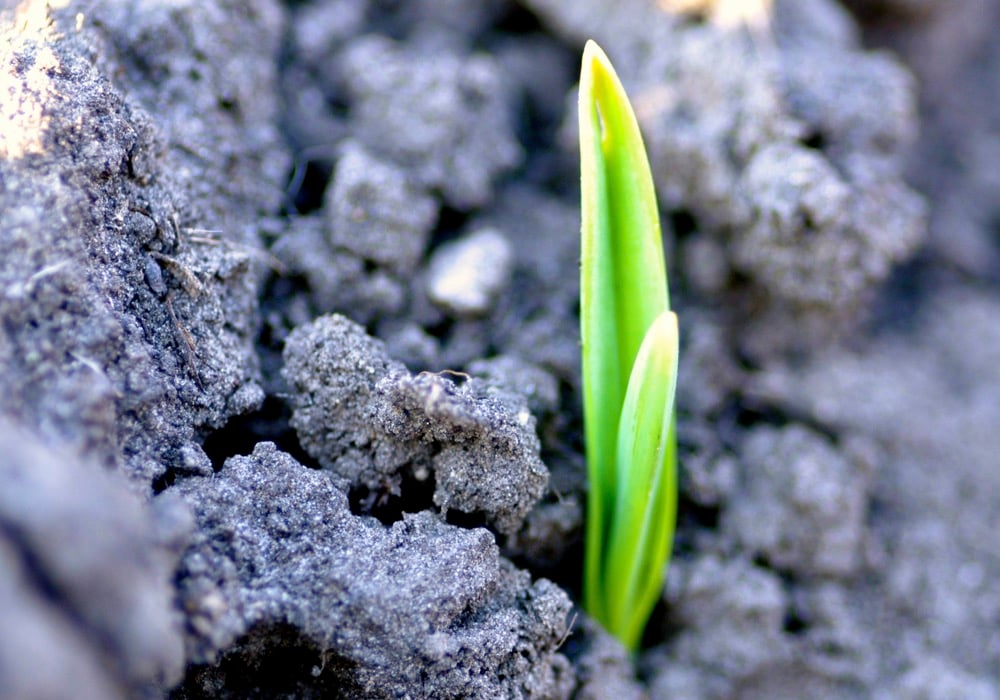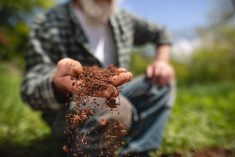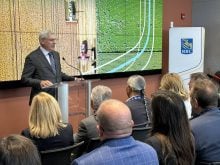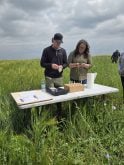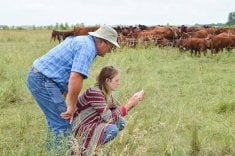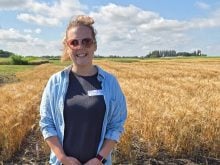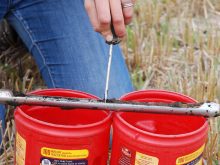A new project pushing soil management hopes to throw like-minded farmers a collective lifeline.
Assiniboine Community College (ACC) — along with Farm Management Canada, the Manitoba Association of Watersheds, Manitoba Forage and Grassland Association, Manitoba Pulse and Soybean Growers, and Minto-area Rourke Farms — will spend the next five years building a peer-to-peer network with an eye to improving soil health.
The network will hopefully see more large-scale use of practices linked to increasing organic matter and, though it, more land resilience and better soil biology, ACC has said.
Read Also
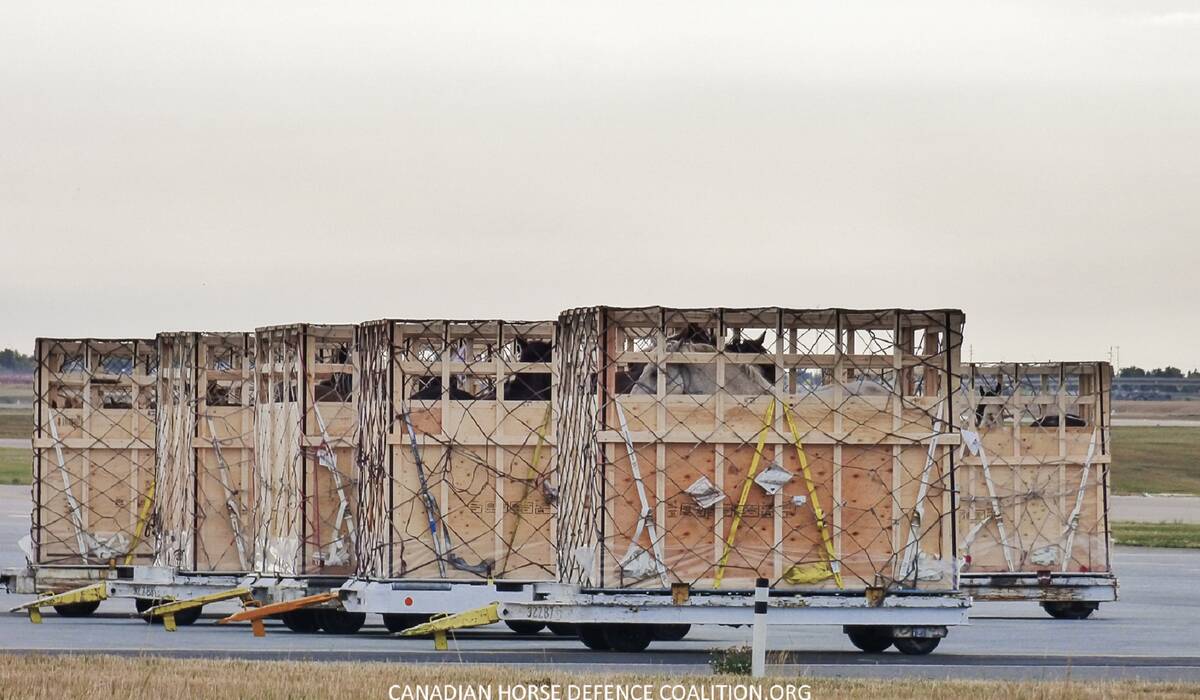
Horse welfare trial begins in Manitoba
Private prosecution of Manitoba horse farm, based on a 2022 horse export shipment, awaits judge’s verdict after two-day trial in Winnipeg.
“The structure is developing a network, or communities of practice — so likeminded producers, innovative producers that want to dig into the practical and pragmatic ways that they can advance soil health and implement climate-conscious practices,” said Tim Hore, dean of ACC’s Russ Edwards School of Agriculture and Environment.
Why it matters: Farmers are being increasingly pushed toward alternative management, but mentorship is often key to reaping the promised benefits.
The network is one of eight soil health projects getting a multi-million-dollar boost over the next five years.
The Weston Family Foundation — the philanthropic arm of the Weston business empire — has slated $10 million for those projects through the organization’s soil health initiative, it was announced Feb. 13. Just under $1.7 million of that is earmarked for ACC.
The initiative, launched in spring 2022, is tagged under the foundation’s “environmental stewardship” stream, a category mandated towards biodiversity improvement, research, and sustainable agriculture. Successful projects would help spread practices like cover cropping, 4R nutrient management or diverse crop rotations, according to the foundation’s website.
The peer-to-peer component of ACC’s project helped set it over the top, according to Eliza Mitchell, chair of the foundation’s conservation committee.
“It was exceptional in terms of assisting farmers in moving forward from tillage,” she said. “Being farmer-led was a real attraction.”
Mitchell pointed to the potential for practical implementation and training under the proposed model.

Expanding scope
The first three years of the project will be about demonstration to fellow producers, Hore noted.
That could take a range of forms, he said, including field days, farm tours or workshops. The project will highlight practices like extended season or cover crops, diverse rotations, and nutrient management.
The first step, Hore said, will be getting steering committees in place, connecting with producers, and focusing on the practices that work best for local producers.
“It’s initially taking the climate-conscious practices that do improve the soil health and demonstrating that it does work,” he said. “Then we will take that learning and insert it, real time, into current and existing program curriculum here at the college.”
That, he said, could translate into further extension and workshops.
The last two years of the project will bring it further afield. ACC hopes to expand the network into Saskatchewan and Alberta during years four and five.
Farmer focused
In total, 38 organizations made a bid for the funding, Mitchell said. Of those, 16 were invited to make a full proposal, with the final lineup decided by a review panel.
“Several [reviewers] were active farmers, but they all had experience in soil health management, some were involved in conservation … and they were all in fair agreement of the outstanding eight,” Mitchell said.
Those standouts “had a really clear focus and a really clear way forward,” she said.
Other than ACC’s net-positive network, the list of chosen projects includes digital soil mapping tools for better nitrogen management, a reverse auction model to incentivize small grain and cover crop acres, research into cover crop best practices, benchmarking soil in Ontario’s Greenbelt, soil health outreach, a registry to help underpin markets for ecosystem service credits and Indigenous-led education for managing First Nations farmland.
The project list spreads funds widely nationwide, although Mitchell said that was more of a happy accident than part of the selection criteria. First project assessments were largely blind in terms of location, she noted.
The final list also spans both industry and academic perspectives, she said, pointing to the split of producer groups and universities singled out for funding. Half of the awardees are post-secondary institutions.
“There’s a lot of complexity in soil health and in rebuilding healthy, fertile soil, so there’s lots of ways of going at it. But we wanted to find projects that would help promote beneficial management practices, not just to the individuals involved, but hopefully communicate it out into the wider farming community,” Mitchell said.


